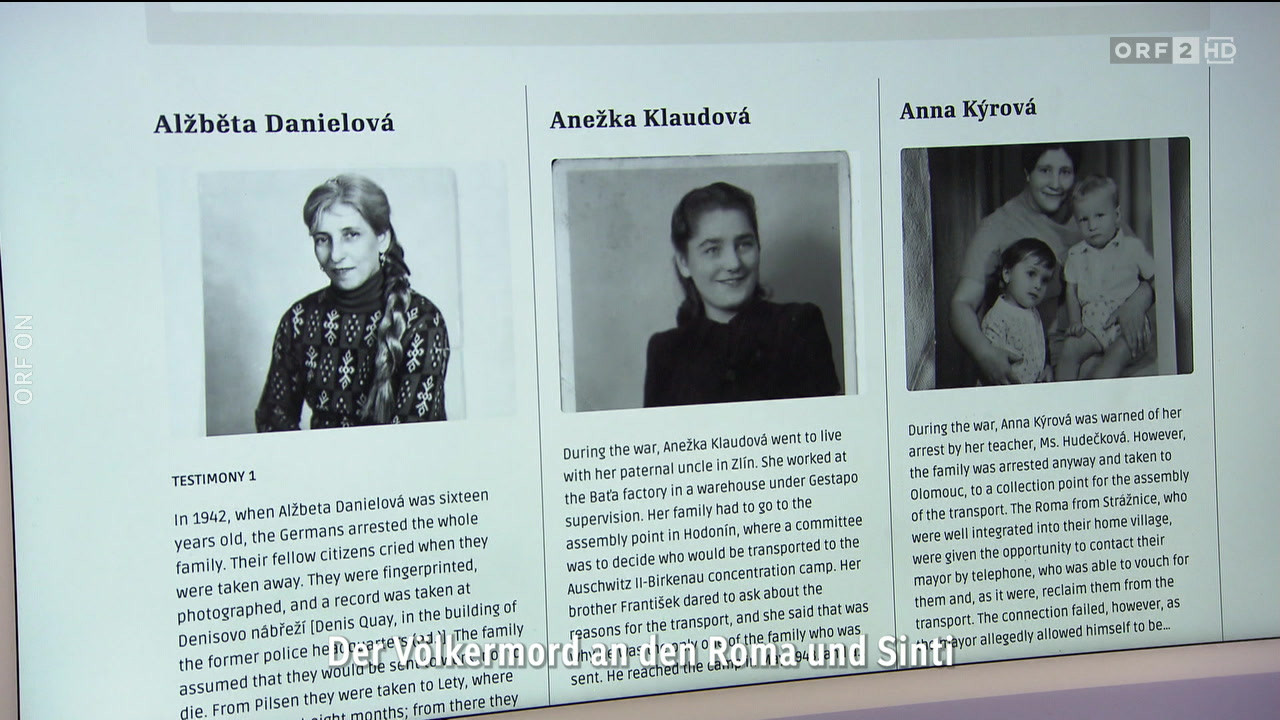The Prague Post (2013) discusses the statement of the Institute of Sociology of the Academy of Sciences of the Czech Republic, which decidedly distances itself from the statistics on Rroma that are circulated by some media. These questionable statistics on marriages, prostitution or crime amongst Rroma are attributed to the Institute of Sociology, although it never gathered such data. The goal of the authors of the articles in question is the creation of a natural perception of pejorative views on Rroma as well as creating a negative emotional view.
Heinlein (2013) reports on disturbing developments in the Czech Republic: The ongoing economic crisis and the impoverishment of the middle and lower classes feeds radical right-wing movements. Both the Interior Minister Martin Pecina and the Czech Intelligence Service warn of the increasing friendliness of the majority society towards right-wing groups which results in higher willingness to use violence against Rroma. Against this, only a few voices are defending Rroma. Too big is the fear to be marginalized, “Despite the everyday discrimination and the increasing violence against the 200,000 to 300,000 Roma in the Czech Republic, possible solutions are hardly discussed in the current election campaign. Neither party is willing to stand against the majority opinion in the population position. […] According to the polls. at least one right-wing party will enter parliament this time.”
Schultheis (2013) spoke with Miroslav Táncos, chairman of the newly established Rroma Democratic Party in the Czech Republic. Táncos indicates that it is very difficult without a Rroma Party to achieve real improvements for Rroma. The government programs have very limited effect. In the established parties Rroma concerns are not important enough to make a stand on them for the election. But one clearly feels closer to the leftist parties because they possess a keen sense of social justice. Especially one wants to sensitise the youth on the topic of Czech Rroma. Among them, opinions were not so entrenched as among older generations. Also, the behaviour of those Rroma who are criminals must be improved. Municipalities and mayors usually decide against Rroma. A widespread prejudice against Rroma is that the Czech Rroma get massively more social benefits than the ethnic Czechs. Táncos is nevertheless optimistic that society as a whole takes an objective attitude towards Rroma, even if this is not the case with quite a few. The Economist (2013) in his article about the Rroma Demoratic Party (RDP), refines the aims of the newly established political organization: the promotion of educational opportunities for young Rroma who were disadvantaged for decades, as well as single mothers and the elderly.
Nejezchleba (2013) reports that in the Czech city Duchcov Rroma and supporters organised protests against right-wing rallies. They so want to ensure that Rroma do not retreat and entrench themselves in their homes in fear. Nevertheless, according to Nejezchleba, fear is rampant among the members of the minority. The Mayor of Duchcov shows clearly more sympathy to the anti-Rroma marches: The frustration of the people by the ever-increasing unemployment and the simultaneous exploitation of social assistance by Rroma is understandable. That a significant part of social assistance never arrives to Rroma should not be forgotten.
- Heinlein, Stefan (2013) Nur ein Funke fehlt zur Gewalt. In: ARD Tagesschau online vom 18.9.2013. http://www.tagesschau.de/ausland/tschechien-roma100.html
- Prager Zeitung (2013) Gefälschte Daten über Roma im Umlauf. In: Prager Zeitung online vom 18.9.2013. http://www.pragerzeitung.cz/index.php/home/nachrichten/16645-gefaelschte-daten-ueber-roma-im-umlauf
- Nejezchleba, Martin (2013) Hetze gegen Rroma. In: Deutsche Welle online vom 5.9.2013. http://www.dw.de/hetze-gegen-roma/a-17046271
- Schultheis, Silja (2013) Tschechien ist nicht Ungarn – Miroslav Tancoš über die neue Demokratische Roma-Partei. In: Radio Praha online vom 16.9.2013. http://www.radio.cz/de/rubrik/politgesprach/tschechien-ist-nicht-ungarn-miroslav-tancos-ueber-die-neue-demokratische-roma-partei
- The Economist (2013) A political party, at last. In: The Economist online vom 19.9.2013. http://www.economist.com/blogs/easternapproaches/2013/09/roma-czech-republic







